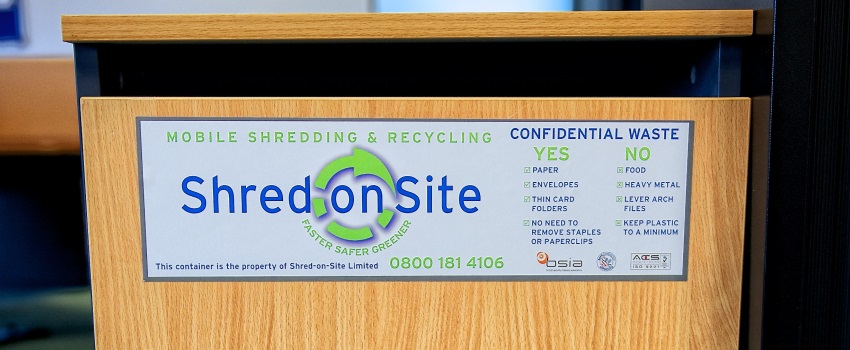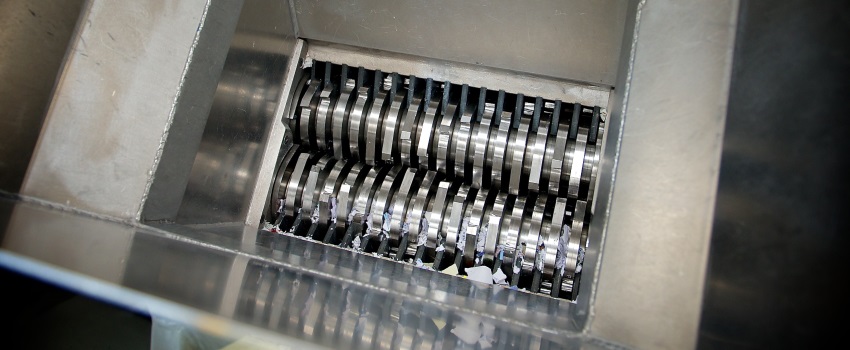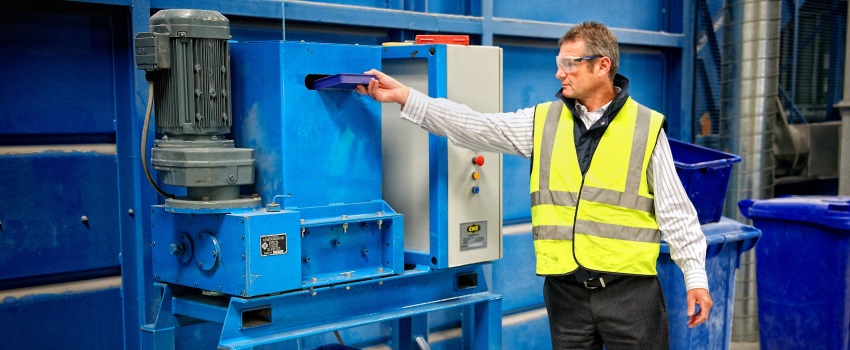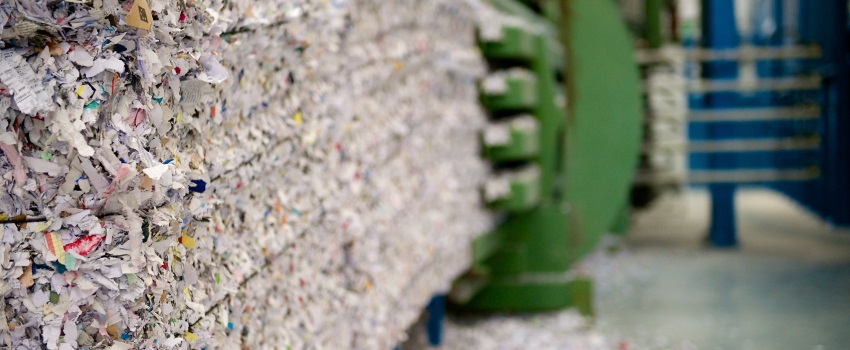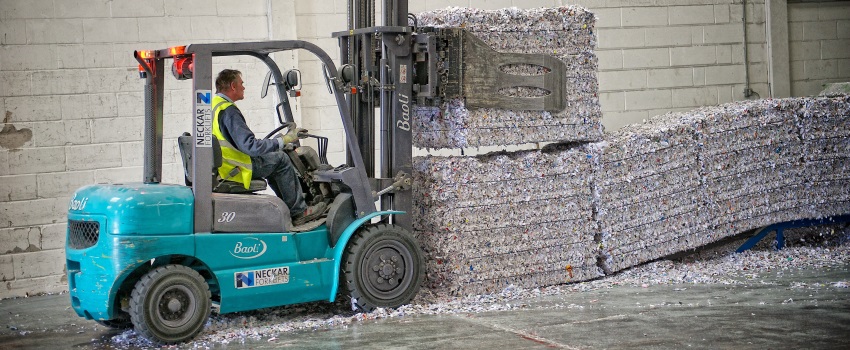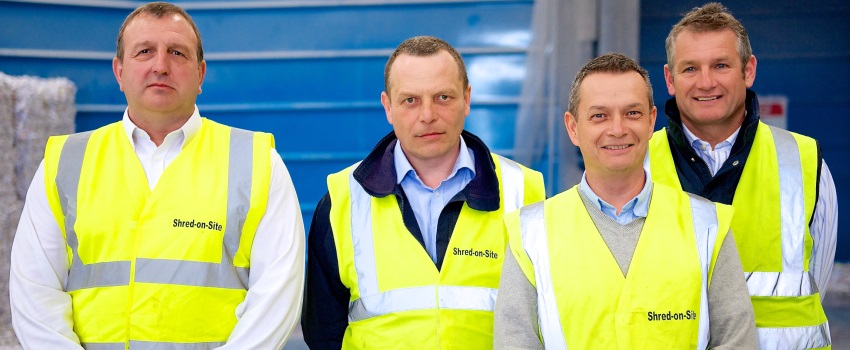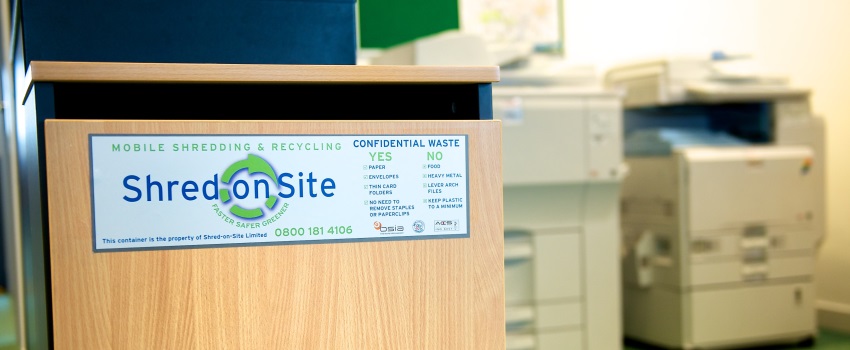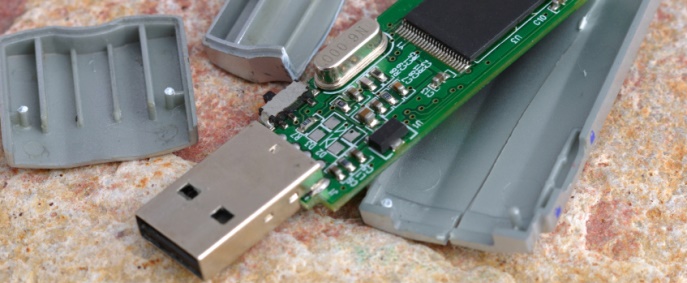In the legal sector, perhaps more than any other, there is a very specific need for data security. The way confidential information is held and managed can have a big impact on whether clients feel able to trust their advisors – and the consequences of sensitive data falling into the wrong hands can be severe. The way that law firms deal with data is essential, not just when it is in digital form but physical documents too – that’s why a comprehensive approach to paper and document shredding is so essential.
Secure shredding has become a key process for any business today. However, for accounting and financial sector enterprises it’s particularly essential. Inadvertently obtained financial data, whether it is lost or stolen, can do huge reputational damage and there are some significant regulatory consequences for failing to ensure minimum quality standards when it comes to document disposal. So, for any organisation operating in this sector, it’s important to ensure that existing shredding processes have the following covered.
Since the GDPR came into force in 2018, there has been a lot of focus on the importance of ensuring that paper documents containing sensitive data are properly disposed of. However, while this remains a key consideration for compliance with data privacy regulations, it’s not the only one. In fact, it’s just as important to focus on safely disposing of hard drives and other media too. These can create just as much exposure for your business if they fall into the wrong hands.
Over the past few years, secure and effective document disposal has gone from being a “nice to have” to critical to business survival. It’s now a legal requirement to ensure that data rich documents are properly and securely disposed of and this has given rise to a move away from handling processes such as shredding in-house. If you have yet to make the leap to a shredding partner there are some very good reasons why now is exactly the right time to do so.
It may be a year now since the GDPR was first introduced but this regulation is just as relevant now as it was then. Perhaps even more so, particularly when it comes to paper based data. Although many people assume that the GDPR only places requirements on businesses for dealing differently with digital data, in fact it needs to be integrated with respect to the risks for physical data too.
The process of shredding has become fairly standard today for every business keen to maintain high standards of security and compliance. On-site shredding helps to ensure that sensitive data is always protected and makes document disposal a swift and efficient process. But what happens to your records after they’re shredded?
Why invest in professional shredding of obsolete records?
There are some key reasons why it pays to ensure that your obsolete records are properly disposed of, including:
Despite best intentions to be more eco friendly, many offices are still processing large volumes of paper. Disposing efficiently of that paper in a way that meets compliance and confidentiality requirements can be a challenge. Valuable employee time is often wasted handling the process, which may be further hampered by the use of small, inefficient shredders. For any business of any size there are some very good reasons to use a professional shredding service.
Whether your focus is on data protection or more sustainable business practices, shredding has become an essential part of operations for many enterprises. This often involves working with a trusted partner able to handle the shredding needs of your organisation, as well as meeting the standards of confidentiality and security that may entail. When you’re setting up, or reviewing, the current shredding processes in place within your business there are four key things to think about.
“Chain of Custody” is a phrase that sounds more appropriate for a crime drama than an office environment. However, with the introduction of the EU’s General Data Protection Regulations (GDPR) in May last year it has become an essential part of operations where data security is concerned. Data destruction, whether physical or digital, is a key part of the process of ensuring Chain of Custody is secure. Every business today is obliged to take steps today to safeguard the chain to ensure that compliance obligations are met.
Pages

